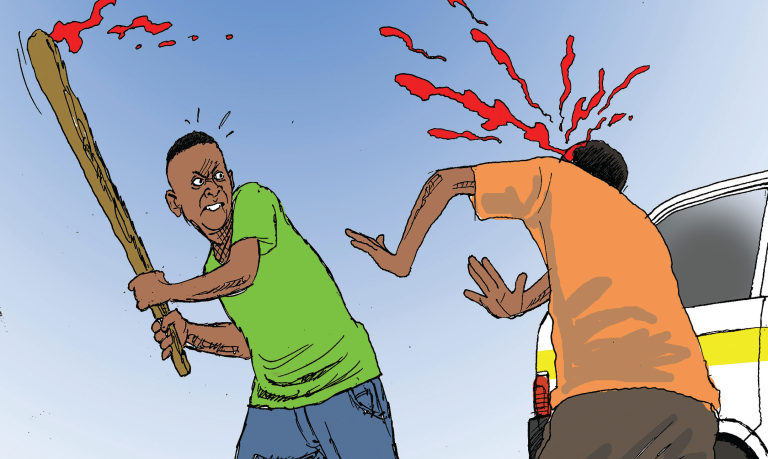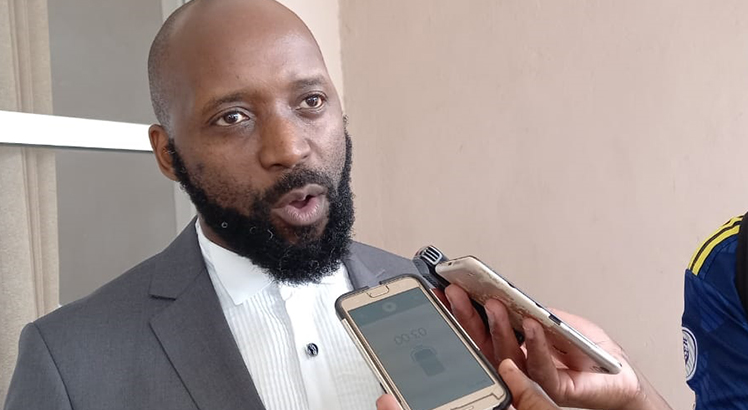Stories have been told about how in the past, for example in the late 1970s and through 1980s, various sporting teams from Malawi used to perform quite well at local and international events. Those that saw the glory of the old days reminisce, for instance, of the national football team that performed wonders in regional soccer tournaments such as the East and Central Africa Challenge cup and the Africa Cup of Nations. The same was true about Malawi teams’ record at different track and field athletic tournaments. In recent times, the country’s performance in sports is just a pitiful shadow of its old past. The question is, what went wrong?
Corruption in sport seems to evade many discussions about corruption in Malawi. I have tried very hard to remember any one meeting where corruption risks in sport have been raised as an issue in the country’s anti-corruption agenda. Interestingly, even research reports on the state of corruption in Malawi do not cite corruption in sport as an issue to be included in the country’s anti-corruption agenda. One may be tempted to think that the corruption risks in our sports sector do not exist or that perhaps corruption in sport has no effects at all on the economy or the general welfare of people.
Over the years the world of sport has evolved to be big business. It is estimated that over US$145 billion is generated from sports annually. In Malawi, a lot of money is spent to support sporting disciplines such as soccer, netball and boxing. The Malawi Government alone allocates not less than K2 billion annually in the national budget for sports. The corporate world also spends money sponsoring various sports systems, institutions and events. A lot of money flows through activities such as construction of sporting infrastructure, procurement of equipment, issuing of broadcasting rights, branding, sale of sports merchandise and of athletes. Big money and big business is often associated with high risks of theft and corruption.
In recent times, at global level, sport governing bodies and administrators have increasingly been accused of abuse of power, fraud, embezzlement and vote rigging during elections for leadership in sport governing bodies. The world of sport has also been frequently entangled in allegations of bribes, match fixing, money laundering and other scandals. While efforts have been made to introduce reforms in the governance of sport, fighting corruption in sport will be a long haul affair.
In dealing with matters of corruption in any sector it is always important to consider the nature of governance systems of the particular sector. In Malawi just like in other parts of the world, sport organizations are governed on the principle of autonomy, meaning that they operate with very limited external oversight or “interference”. This is irrespective of the fact that a lot of sport organizations or entities benefit from the support provided by governments or other public institutions.
Corruption risks exist in Malawi sport. A report of 2012 by Naomie G. Mnenula identified limited accountability and transparency as one of the factors limiting performance of Malawian athletes. The report also cited claims of favouritism whereupon coaches or sports administrators want to be praised in order for an athlete to be featured in a game or to be selected to participate at big sporting events. Stories are rampant about the suspicious conduct of elections in leadership positions of various sport organizations. Further, Malawi sport is not spared from allegations of match fixing, embezzlement of revenue from sport events and abuse of sponsorship funds from various bodies.
The public and all relevant stakeholders must start asking questions around accountability and transparency in sport just like it is done with all other areas of public interest. The issue of autonomy in the organization of sport should not be an excuse for the sport sector to be spared from being held accountable in the manner of conducting the affairs of sport. In fact, an ideal case for a country like Malawi would be where sport governing institutions must start presenting reports to parliament, or any public oversight body, providing an account on the management of sport. Perhaps such a system will assist in understanding why the performance of most sporting disciplines in Malawi is pathetic despite the investments made.
Sadly, as stated, governance of sport does not operate by the same rules. Until sport organizations can be subjected to the same rules of good governance the sector will continue operating with very high risks of mismanagement of resources, retention of bad and corrupt leaders and most importantly, stagnation in the development of sport.
There is need, therefore, to open up candid conversations about the governance of sport in Malawi and its bearing on sport development and the general welfare of the people. The social, economic and political benefits from sport are many but these can only be realised in an environment where resources availed for sport are not abused by sport organizations that operate with limited scrutiny or accountability. Further, the sport sector should be protected from degenerating into an arena for illicit wealth creation by networks of crooks masquerading as sports administrators or sponsors.
The post Corruption in sport appeared first on The Nation Online.
 Moni Malawi
Moni Malawi 
